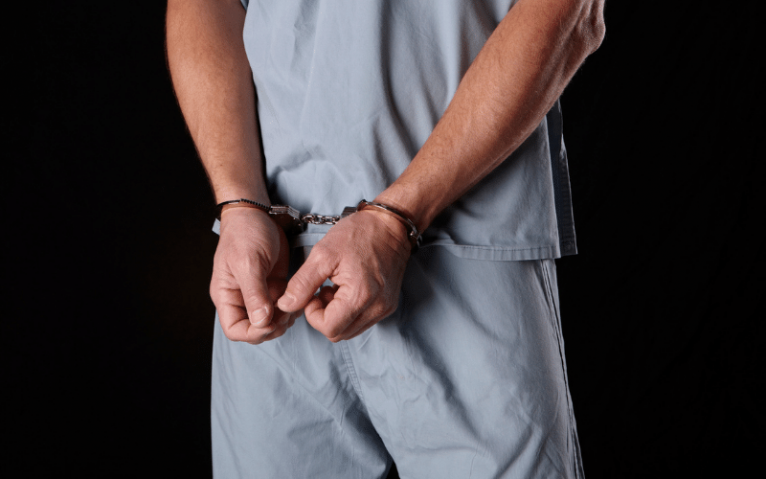Therapists’ arrest for drug trafficking leaves many in the addiction community about a more proactive approach to harm reduction. A therapist arrested for drug issues, both major and minor, calls attention to this unique problem across the nation. An example of such a case involves a therapist from Arizona arrested on drug charges.
Many addiction treatment specialists – therapists, counselors, doctors, or support staff – are in recovery. Since relapse is a part of recovery for many individuals, some addiction professionals will likely relapse. What are the implications on the patient community of staff relapses, and how does relapse prevention help the potential problem?
How Does a Therapist End Up Arrested?
Recovering from any drug or alcohol addiction is the hardest thing most people will ever do. Generally, it requires sustained focus, uncomfortable emotional, mental, and spiritual work.
Those are things that most people avoid. When someone in recovery is unwilling or unable to do the hard work it takes to sustain sobriety, they end up at risk of relapse. This scenario is even more damaging when the individual relapsing has also made a career of helping others recover.
Unfortunately, no addict or alcoholic in recovery is immune to triggers, cravings, and relapse. Thus, it’s essential to maintain a daily recovery program to prevent reoccurrence of use for addicts in recovery. Relapse prevention is the core of this work.
Relapse Prevention
Prevention is a multi-faceted task. One of the essential aspects is self-awareness. By developing an understanding of oneself, the individual is better able to anticipate potential triggers and cravings. Once someone is aware of their triggers, they can begin to develop coping skills for managing each trigger. However, coping skills look different for each person. They often involve methods for managing emotions, such as DBT skills and meditation, and distraction methods, like new hobbies. In addition to coping skills, relapse prevention requires self-honesty and the accountability that comes from outside support.
At times, every individual may experience a “blind spot” or lack awareness about a negative pattern. Thus, having a robust support network of friends, family, and even a therapist aid in relapse prevention. These people can help one identify when they are in “pre-relapse mode” and offer suggestions and support for getting back on the right track.
Doing service work is also an element of relapse prevention. Thus, by focusing on helping others, someone in recovery has an opportunity to interrupt rumination, cravings, and negative thinking patterns. Refocusing on how to be of service can move someone from self-pity and cravings into solution-based actions.
While some healthcare and treatment professionals spend time helping others, it’s crucial to balance this with self-care and tending to personal, individual needs. To prevent relapse daily, recovering individuals should strive for balance. Therefore keeping their support network close, practicing coping skills, seeking growth opportunities, and providing service to combat self-centered patterns that are so much part of active addiction are tools for success.
Prioritizing Your Recovery
Recovery is a life long effort. Thus, to maintain the sobriety one has, continual self-growth is mandatory. For example, an addict in recovery should continue developing self-care regimes, going to meetings or meeting with their therapists, and helping others. By doing these things regularly, the chances of relapse decrease overtime.
Individuals in recovery from substance abuse need to be constantly vigilant about their sobriety. This concept is valid whether you work in addiction treatment or finance. As long as a sober addict keeps vigilant in their recovery program, they are actively practicing relapse prevention.





